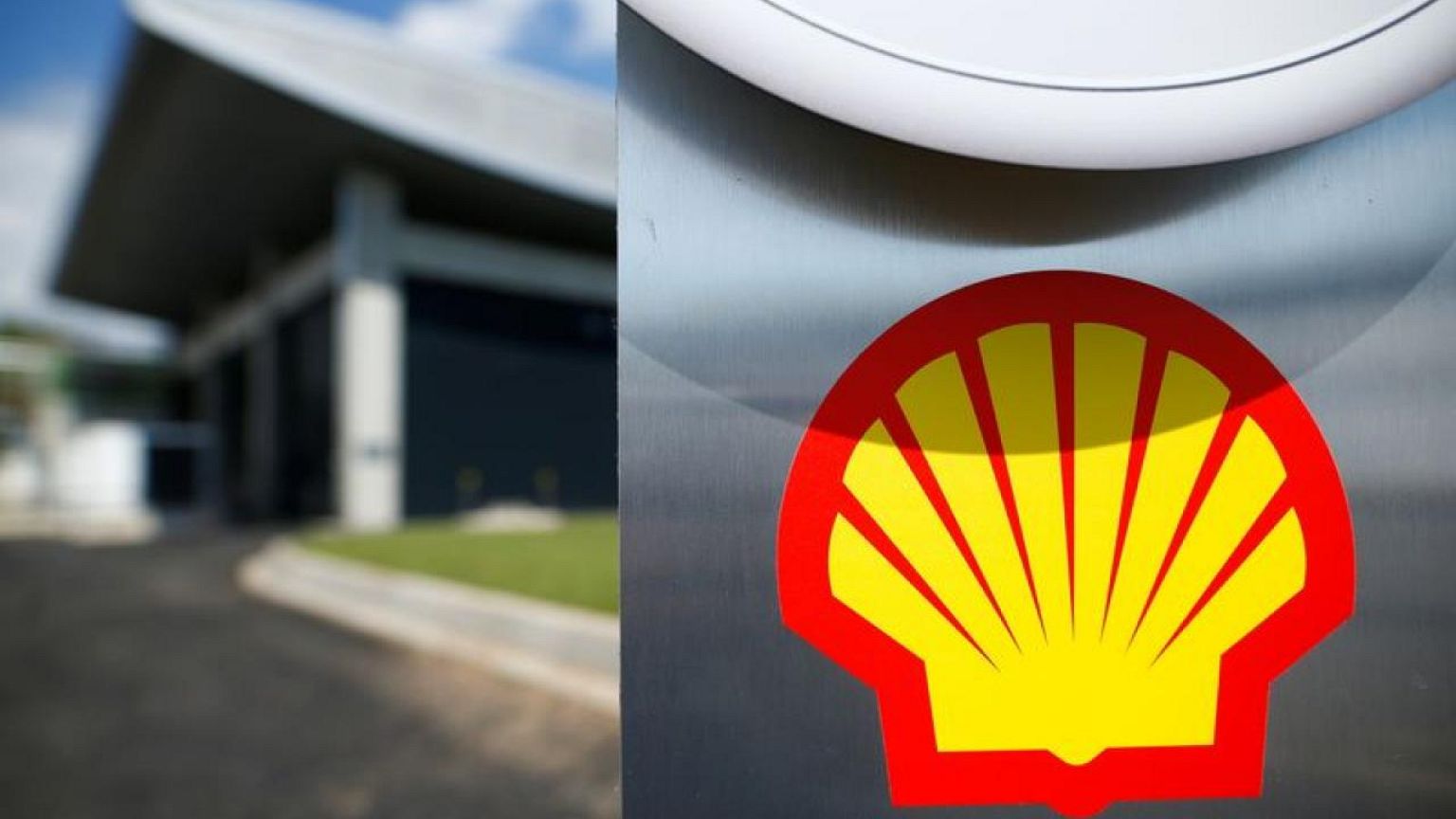By Sonali Paul
MELBOURNE -Shell Plc said on Monday it had given the go-ahead to develop the Crux gas field off Australia, which analysts estimated would cost around $2.5 billion.
Construction is expected to start in 2023 with first gas expected in 2027, which will feed the 3.6 million tonne a year Prelude floating liquefied natural gas (FLNG) facility, the oil and gas major said in a statement.
Shell said the project would help its Asian customers move from coal to gas, and also provide a secure supply source, a key factor following the imposition of sanctions on Russia.
"The project will also boost our customers' security of supply, which is becoming an ever more significant consideration for global consumers," said Wael Sawan, Shell's director of integrated gas, renewables and energy solutions.
A Shell spokesperson declined to comment on the project's cost saying the company does not comment on capital investments on an individual asset level.
"The use of Prelude's existing infrastructure enables significantly reduced development costs, making Crux competitive and commercially attractive," Sawan said.
Energy consultants Wood Mackenzie estimated it would cost about $2.5 billion, also cited by Credit Suisse analysts.
"In a global context, Crux is an example of the type of incremental, shorter-cycle, high-return development that the industry is targeting as it maintains capital discipline despite strengthening commodity prices," Wood Mackenzie analyst Michael Song said in a note.
However, he said the Crux volumes would enter the market at the same time as around 100 million tonnes a year of new LNG would be coming to the market from Qatar, the United States, Nigeria and Canada.
Credit Suisse analyst highlighted long-running problems at Shell's Prelude FLNG facility potentially hurting returns on the Crux development, which would otherwise be highly valuable as it will use existing infrastructure.
"There is still risk to Shell achieving sustained production rates at the Prelude FLNG facility that could impact Crux value," Kavonic said.


















